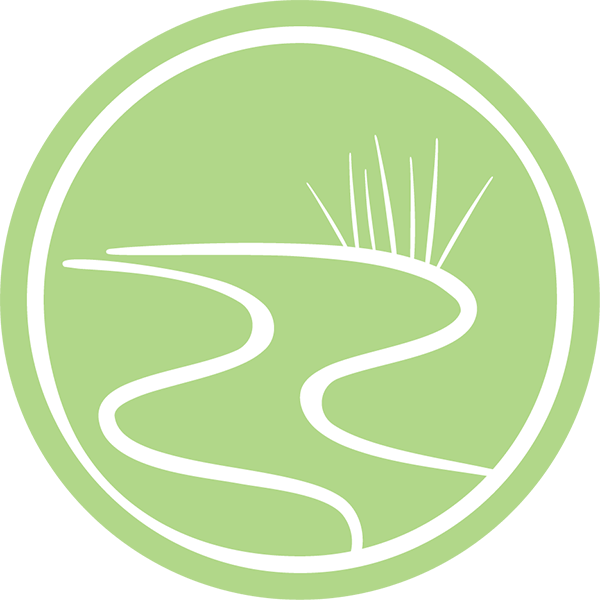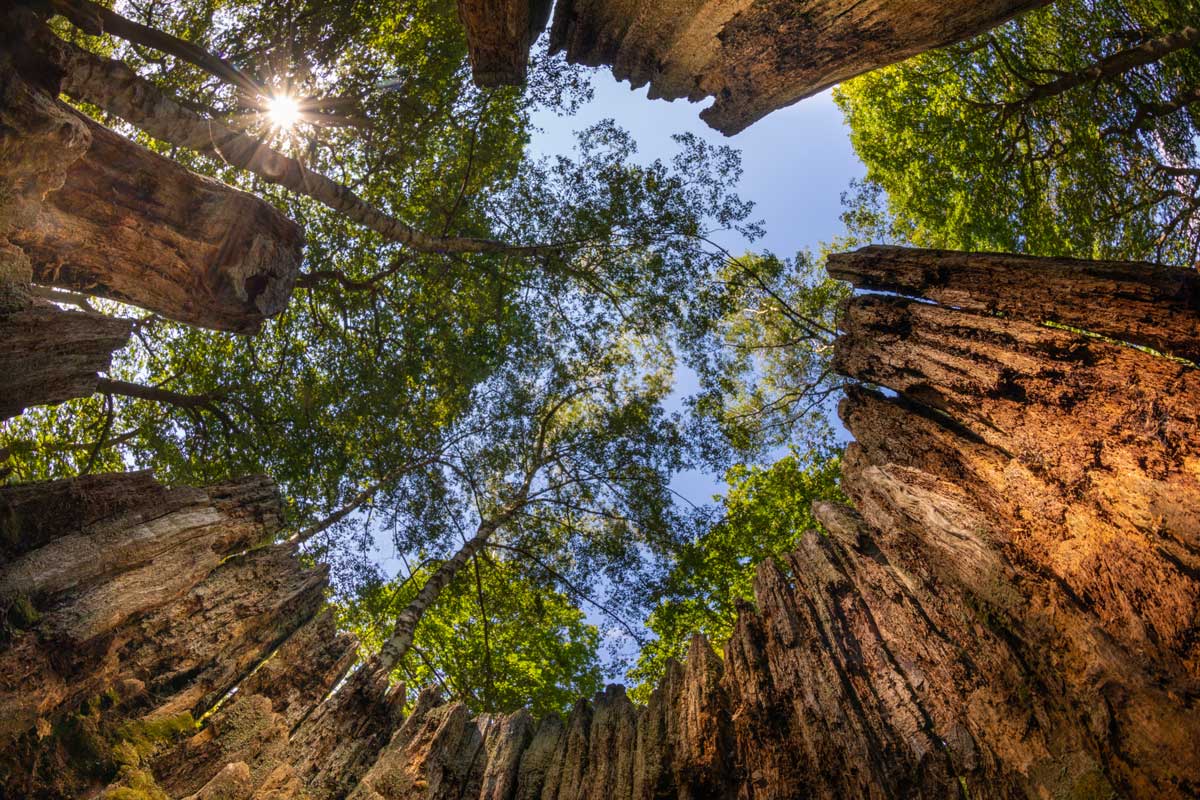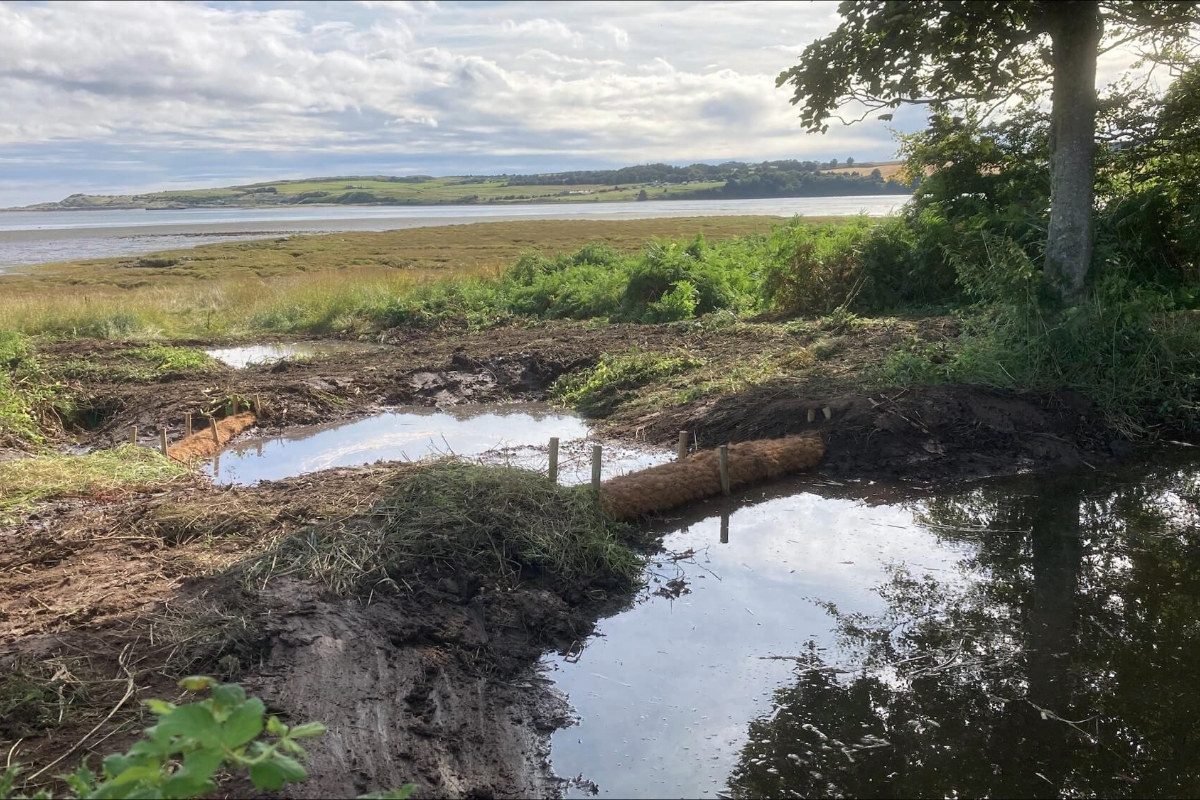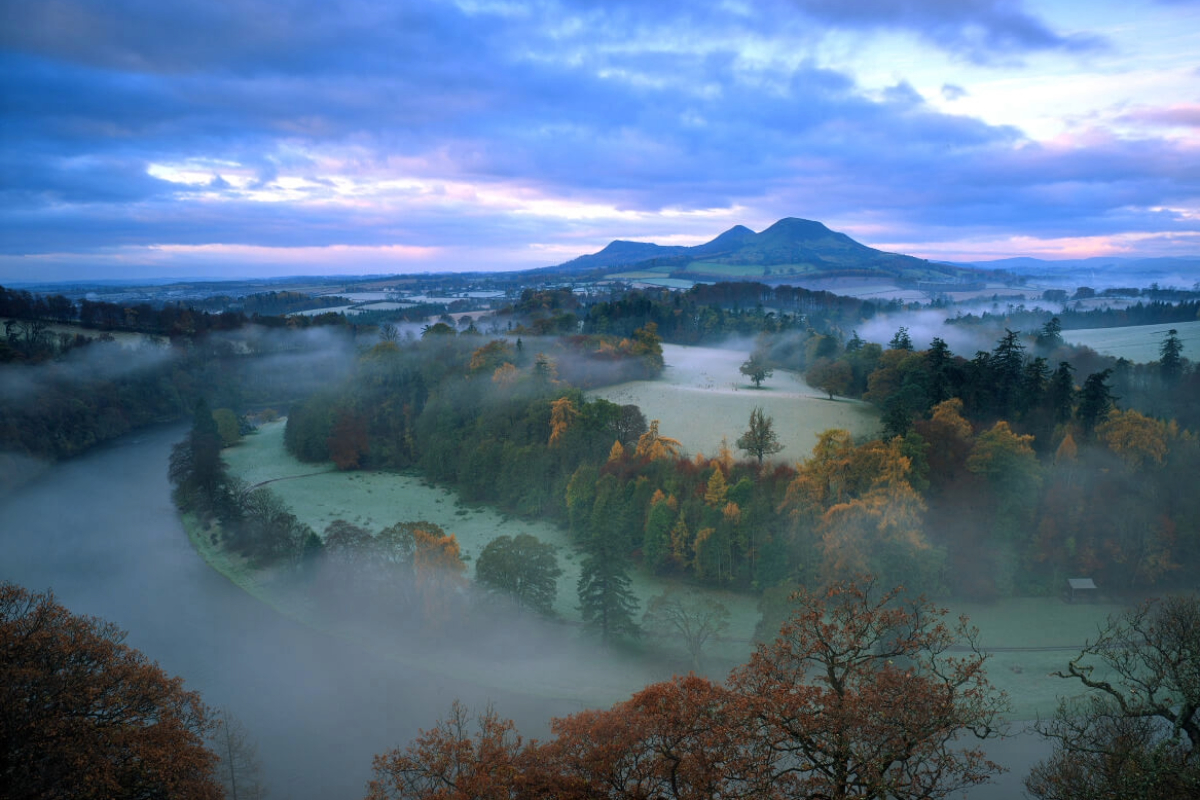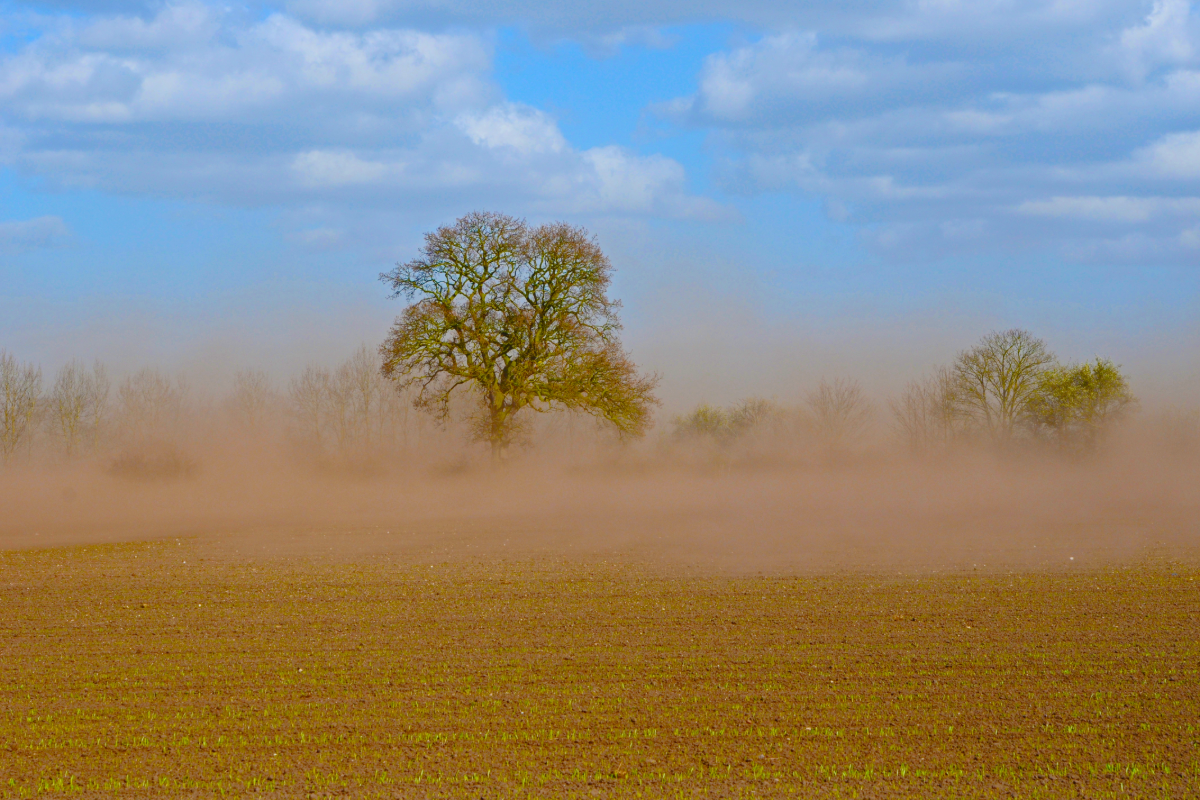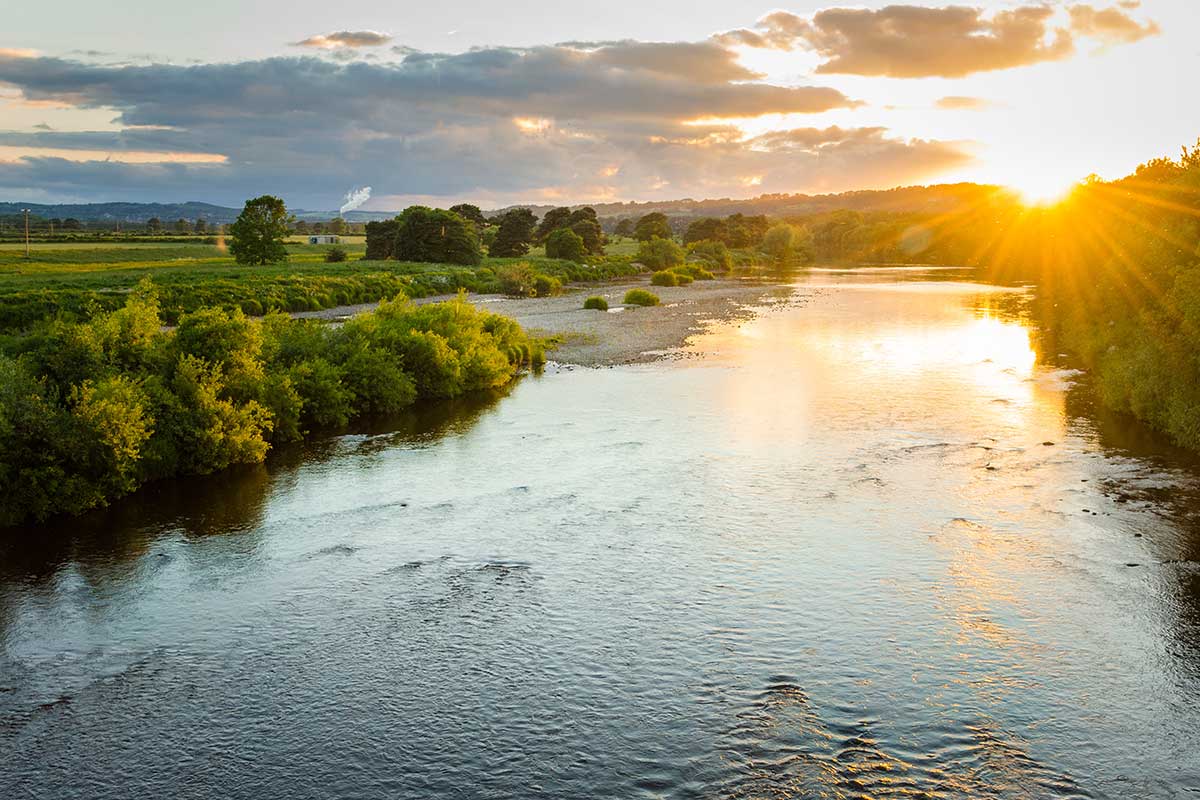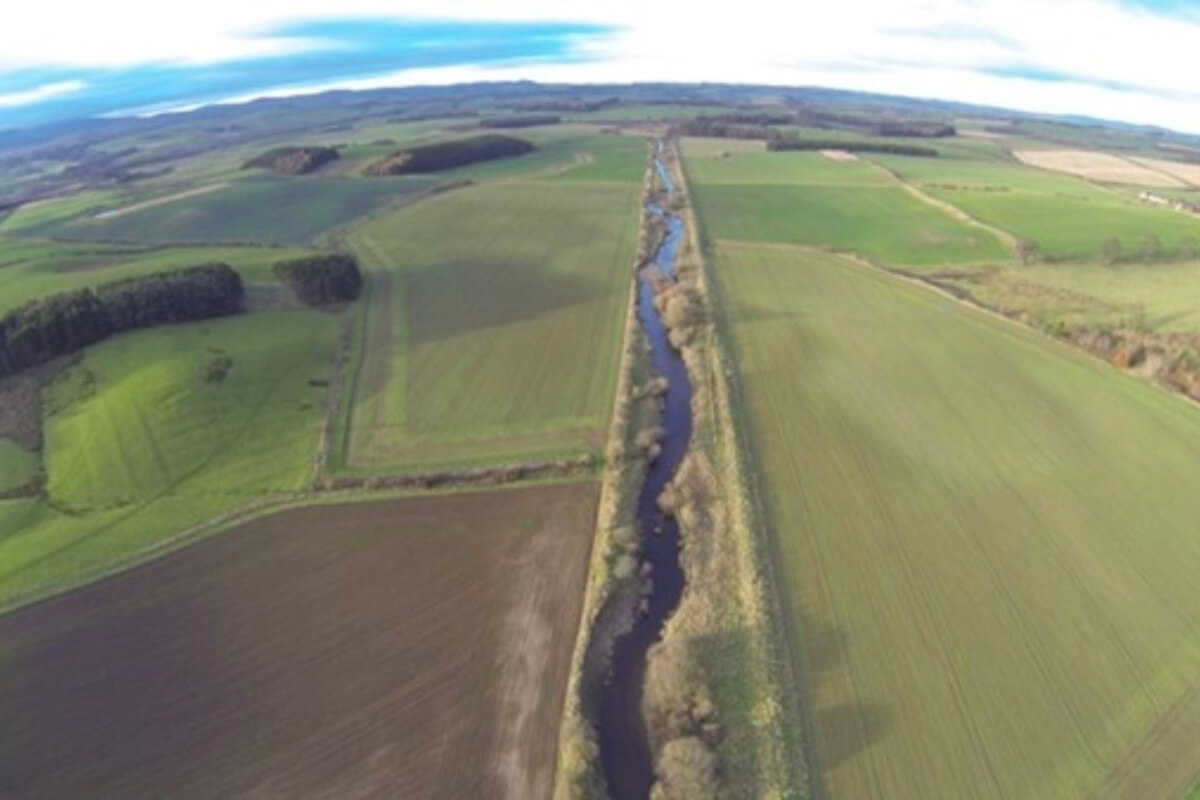
The River Till (a tributary of the Tweed) and its main tributaries the Bowmont-Glen, Breamish and Wooler Water are of high conservation and ecological importance. About 130km are designated as SSSI (Site of Special Scientific Interest) and SAC (Special Area of Conservation). However, the condition is not as it should be – they are classed as being in ‘unfavourable condition’ and in some areas the condition is ‘declining’. The principal reason is the physical state of the river channel.
Over the past several hundred years many rivers have been progressively managed, modifying the natural functioning of the system. Common techniques have included the construction of flood embankments (which reduce floodplain connectivity); riverbank protection (which inhibit the natural movement of rivers); straightening (which greatly simplifies in-stream habitat); and creation of weirs (which can inhibit passage for migratory fish). Where appropriate, rivers can be restored and recover to a more natural state which can bring benefits for climate change resilience, water quality, biodiversity and natural flood management.
WADER, in partnership with the Environment Agency and Tweed Forum, is undertaking a river restoration project in the Breamish Valley to assist the natural recovery of the river system across the catchment. This nature-based approach will work with the Till’s natural processes to restore the river’s connection to its floodplain and deliver a more natural and resilient mosaic of habitats.
This will:
– Naturally filter the nutrient load in the watercourse – promoting biological purification processes that contribute to cleaner water.
– Increase farming resilience by dissipating flood flows and providing increased groundwater recharge during low-flows
– Create the ideal conditions for fish such as salmon and brown trout to pass through and spawn in – allowing the natural accumulation of gravel, providing shade and hiding places from predators
– Significantly increase biodiversity by restoring ecosystems and ecosystem processes e.g habitats, natural (ground)water flows and opportunities for greater connectivity.
– Create and enhance wetland habitat and create new meadows for wildflowers and insects on the floodplain of the River Till which is a SSSI and SAC.
– Increase carbon storage
Measurement Techniques:
– Sondes – Providing live Water Quality data
– Level sensors
– TIMS – Time Integrated Mass-flux sampler to assess fluvial sediment
– Ecology – macrophytes and RHS
– Drone footage/fixed point photos
A River Habitat Survey in 2019 inspired the landowner to pursue a more ambitious approach to river restoration works in the upper Breamish Valley. With designs finalised, water quality and sediment monitoring well underway and collaborative agreements in progress, the team were able to submit a full planning application for the works in December 2023. Planning permission has now been secured and construction works are due to start Autumn 2024. The River Breamish will be reconnected to its floodplain by creation of new channel excavations, floodplain scrapes, wetlands, embankment breaches and construction of woody dams in the existing channel. It is hoped work will be complete by Summer 2025. The scale and ambition of the project will be showcased in a project film released later this year.
